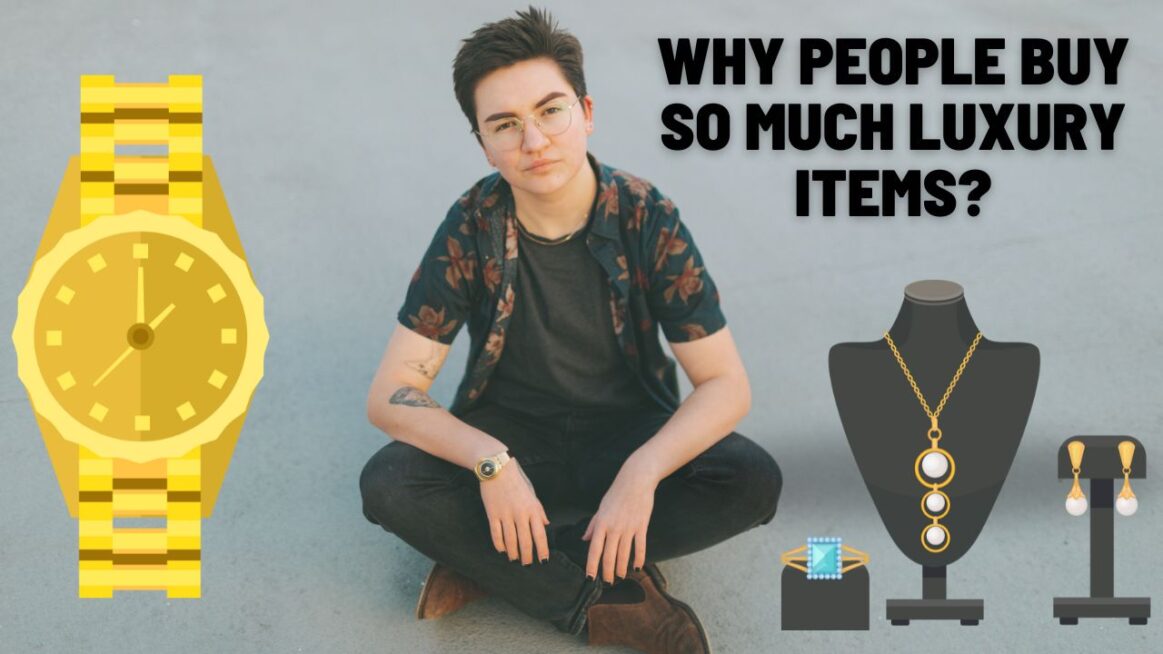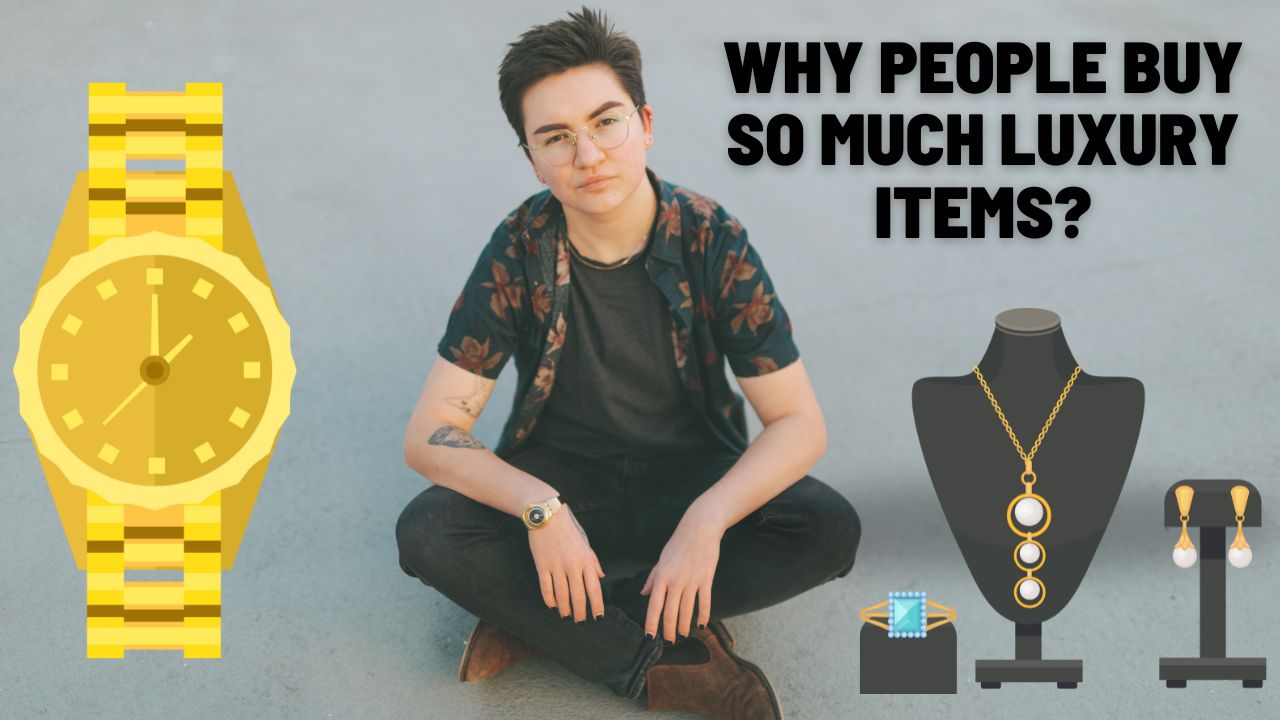Introduction
Luxury brands have captivated consumers for decades with their promise of exclusivity, high quality, and prestige. From high-end fashion to premium automobiles, luxury brands represent more than just products; they embody a lifestyle and social status. This article explores why people are drawn to luxury brands, step by step.

The Appeal of Quality and Craftsmanship
- Exceptional Quality: One of the primary reasons people prefer luxury brands is the superior quality of their products. Luxury brands often use high-grade materials and meticulous craftsmanship to create items that are both durable and aesthetically pleasing. For example, luxury fashion brands like Louis Vuitton are known for their exceptional quality and attention to detail.
- Craftsmanship and Artistry: Luxury brands are celebrated for their artisanal skills and traditional techniques. The craftsmanship behind these products is often considered a form of art, with skilled artisans dedicating time and effort to perfect each item. The heritage and craftsmanship of brands like Rolex are key factors that contribute to their desirability.
The Allure of Exclusivity
- Limited Availability: Exclusivity is another major factor driving the appeal of luxury brands. Limited editions and restricted availability create a sense of rarity and uniqueness. Consumers are drawn to the idea of owning something that is not widely accessible, enhancing their sense of individuality. Brands like Hermès often release limited-edition items that only a select few can acquire.
- Status Symbol: Luxury items often serve as status symbols, signaling wealth and success. Owning luxury goods is perceived as a way to differentiate oneself from others and gain social recognition. This status-driven aspect of luxury brands can be seen in the popularity of high-end automobiles like Ferrari, which symbolize both performance and prestige.
The Emotional and Psychological Factors
- Emotional Connection: Consumers often form strong emotional connections with luxury brands. These brands evoke feelings of pride, self-worth, and satisfaction. The emotional appeal of luxury items can make consumers feel special and valued. The allure of Chanel products, for example, extends beyond their physical attributes to encompass the brand’s history and legacy.
- Psychological Rewards: Purchasing luxury goods can provide psychological rewards such as a sense of achievement or a boost in self-esteem. The experience of owning and using luxury items can enhance one’s self-image and personal satisfaction. For instance, the prestige associated with owning a Patek Philippe watch can provide a profound sense of accomplishment.
Conclusion
People prefer luxury brands for a variety of reasons, including the exceptional quality and craftsmanship of the products, the allure of exclusivity, and the emotional and psychological rewards associated with ownership. Luxury brands offer more than just items; they provide a way to express individuality, status, and personal success. Understanding these factors helps explain why luxury brands continue to captivate consumers and maintain their enduring appeal.
References


